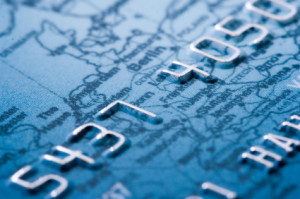 Controlling shared credit card use, the pros and cons of a high-deductible health plan, and ways to save while grocery shopping.
Controlling shared credit card use, the pros and cons of a high-deductible health plan, and ways to save while grocery shopping.
What to Do if an Authorized User Is Abusing Your Credit Card
Setting boundaries for shared credit cards. r
6 Tips for Navigating the New Health Insurance Exchanges
Don’t be intimidated by the new health exchnages.
Is a high-deductible health plan right for you?
When choosing a high-deductible plan makes the most sense.
Break the spell of spending mindlessly
Tips on how to become a conscious spender.
How to Trim Your Food Budget
Ways to save at the grocery store.

